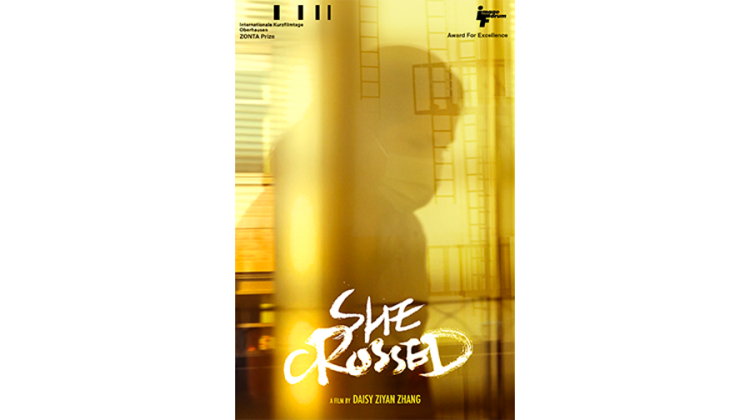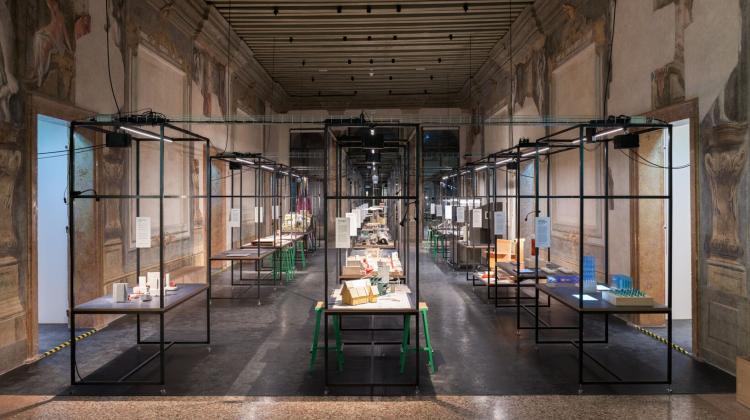assemblies for collective life & work
in Argentina’s rural landscape
The Argentinian Pampas is a vast territory, widely known for its agricultural fields and productive infrastructures. This huge portion of the country is populated by hundreds of small towns—once vibrant centers of collective life that blossomed in the late 19th century and became home to many migrants.
Today, many of these towns are facing a slow but persistent exodus, leaving behind a hybrid landscape of tiny villages suspended in the middle of expansive crop fields.
What does it mean to inhabit this rural landscape in contemporary times? Are there possibilities for new collective forms of work and life in this extraordinary ecosystem of farms, ponds, rivers, migrant workers’ heritage, warehouses, and factories—all coexisting under the presence of an infinite horizon?
Learning from La Pampa is an invitation to discover this land located in the south of Córdoba, and to propose subtle architectural interventions aimed at rethinking the role of the Argentine countryside and the social and economic life of its historic towns.
The studio will be structured around two design exercises: a small rural infrastructure, or “a shadow,” and a cooperative with collective housing.
A Small Rural Infrastructure
Or, a shadow on the fields.
This first exercise is an approximation to the territory. It has the intention to understand the technological landscape of the countryside and the artifacts that populate the fields.
We will approach the exercise through a curated selection of remarkable Argentine films, literary texts, and photographs that reflect our rural culture and history, allowing us to explore together the beauty and complexity of the site.
Students will analyse a series of popular and local architectures that can be found when driving or walking in the campo (field) and propose an architectural intervention that could establish some dialogue with one or some of them.
The space will not have a specific program and has no prescribed size; it could be very small or extend up to 100 meters. Its scale will be determined by the idea and logics of the project. The technology, details, and structure of this infrastructure will emerge from a close study of the existing elements on the site: windmills, water ponds, silos, billboards, factories, and more.
The shadow will be conceived as a place to rest within the vastness of the rural landscape. It could be nothing more than a simple roof or remain entirely outdoors. It could also include an interior—a room, a place to spend a night while traveling, perhaps a small bathroom, or a space to store a few belongings, the essentials one might wish to have when finding oneself in the “middle of nowhere.”
For this project students will produce a ¼ scale model, plans, sections, elevations, axonomtrics, collages and a 300-word text.
A Cooperative & Housing for the town
Or, a second chance to live & work in the countryside.
Cooperatives have long been and continue to be key to life in Argentina. In the late 19th century, small neighborhood cooperatives emerged in areas where the State did not reach, enabling the construction of essential infrastructure such as electricity, telephone lines, potable water, and local employment.
Housing cooperatives helped families build homes collectively. Agricultural cooperatives allowed small farmers to store and sell crops and purchase supplies at fair prices. Educational and cultural cooperatives created schools, libraries, and community centers that became hubs of learning and social life.
n rural towns, cooperatives were especially crucial, fostering solidarity, community participation, and social cohesion while providing basic services and meeting spaces.
During the 2001 economic crisis, many companies went bankrupt or were abandoned by their owners. To save their jobs, workers took control of these businesses, turning them into worker-run cooperatives or recovered factories, where employees collectively manage operations and share profits. This model preserved jobs, sustained local economies, and promoted self-management.
Today, Argentina has approximately 30,000 active cooperatives across a wide range of sectors.
This second and final exercise of the studio will focus on the design of a cooperative in one of the rural towns located in the south of Córdoba, along provincial routes 4, 6, 11, and 8. Each student will select a town and place their project on a vacant lot, on the edge of the village, or in the surrounding rural fields.
The purpose of each cooperative will vary: some will be linked to the region’s agricultural production, others will be educational, cultural, or sports-oriented, and some may promote new productive activities that could benefit the people that live in the town. The specific program will be proposed and defined by each student.
As part of the proposal, each cooperative will include collective housing for its members, most likely those working within the cooperative itself. This introduces the dimension of living and working together, and invites a rethinking of how communal life in the Argentine countryside might be imagined today.
All cooperatives will be owned by the town’s neighbors and envisioned as spaces that strengthen community life, foster social ties, and contribute to the growth of these small urban centers.
The projects should be both rigorous architectural proposals and strong utopian visions, capable of resignifying the beauty of collective living in the Pampas.
Students will produce models at different scales, plans, sections, elevations, axonometrics, collages, and a 500-word text.
As a collective outcome, the studio will develop a small publication in the form of a book and host an exhibition for the final review at the Long Lounge.
Learning from La Pampa is an opportunity to enjoy architectu-re through a sensitive and slow understanding of the site and the culture of the rural Argentinian landscape. It is an invita-tion to look closely, to value the knowledge embedded in simple things, and to find pleasure in designing places that can intro-duce subtle, yet meaningful, changes in the lives of those who live here and those who may come.
Mandatory lottery process.




